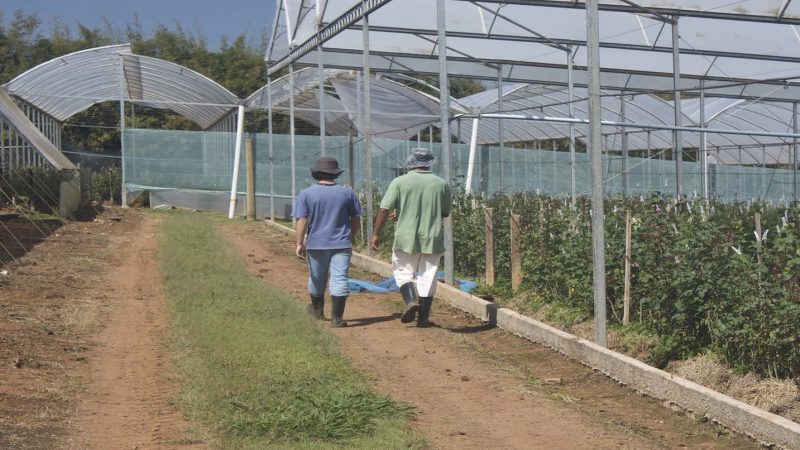"Essentially, it is state-sponsored exploitation”

A damning investigation has revealed that the Home Office failed to investigate reports revealing widespread exploitation of migrant workers under the UK’s seasonal workers’ visa scheme (SWS).
The Bureau of Investigative Journalism (TBIJ) has exposed appalling conditions and widespread abuse faced by migrant workers at farms in the UK, suggesting the exploitation of UK’s agricultural workforce is far greater than previously thought.
Farm inspection reports by the Home Office between 2021 and 2022 found that at the three most complained about farms, 80% of workers interviewed raised an issue of mistreatment or discrimination.
Whilst nearly half of the total 845 interviewed workers raised welfare issues from racism, wage theft to threats of being sent back home to their country of origin.
In nearly two thirds of the farms inspected, workers said they were not always paid for the hours they worked, were off sick or travelled, or they faced deductions beyond the maximum allowed by law.
The TBIJ said they managed to obtain the damning farm inspection reports following a five-month “freedom of information battle” with the Home Office.
However the Home Office or visa scheme operators did not investigate further any of the damning allegations raised during the 19 inspections, a report by the independent chief inspector of borders and immigration operators found.
Yet the Tory minister for farming claimed last month that workers on the scheme are “very well looked after”. The Home Office responded to the TBIJ’s findings saying: “Each year improvements have been made to stop exploitation and clamp down on poor working conditions”.
One worker told TBIJ that, having worked on farms in Chile for several years, she had not experienced bullying, discrimination or wage deductions until working in the UK.
Julia Quecaño Casimiro from Bolivia worked on a farm in Herefordshire and compared her experience to “modern slavery”, as she accounted the conditions of employment during her time as a fruit picker for one of the UK’s biggest fruit producers.
The scheme’s visa fee was raised from £50 to a whopping £298, more than twice the costs to process it, in 2019. However the findings also revealed illegal recruitment fees, with workers from six countries saying they had paid recruiters as much as £7,500 for jobs in the UK.
The government has also rapidly expanded the seasonal worker visa scheme from 2,500 workers in 2019 to as many as 55,000 this year.
Jamila Duncan-Bosu, a solicitor with the Anti-Trafficking and Labour Exploitation Unit said: “With the knowledge of [the content of the reports], you’d think that it would have slowed the government down actually, but it hasn’t.”
She added: “Essentially, it is state-sponsored exploitation.”
It has led UK workers’ rights organisations to call for reform of the visa scheme. The Work Rights Centre said the SWS is “not fit for purpose”, with the charity currently supporting 69 workers who are under the scheme.
This latest investigation has only showed how the Home Office is “simply unable to protect the welfare of migrant workers,” Work Rights Centre CEO, Dr. Dora-Olivia Vicol, said.
“On receiving these highly concerning reports of exploitation from their own investigators, the Home Office should have enabled victims to transfer to other farms,” said Dr. Dora-Olivia Vicol.
“But because under the SWS, transfers are only an option, not a guarantee, workers are effectively forced to accept whatever their visa operator offers. If the operator says ‘there is no other work for you here’, they can only endure what they are given, or return to their home countries indebted and dismayed.
“Employer-sponsored visas by design are going to lead to abuses of power because workers are tied to their sponsors.
“To end exploitation, we need a system where migrants on work visas are free to leave abusive workplaces, and take their labour to the businesses that value them.”
The charity has called for a reform of the points based system in order to end employer-sponsorship.
(Image credit: Creative Commons)
Hannah Davenport is trade union reporter at Left Foot Forward, focusing on trade unions and environmental issues
To reach hundreds of thousands of new readers and to make the biggest impact we can in the next general election, we need to grow our donor base substantially.
That's why in 2024, we are seeking to generate 150 additional regular donors to support Left Foot Forward's work.
We still need another 124 people to donate to hit the target. You can help. Donate today.



